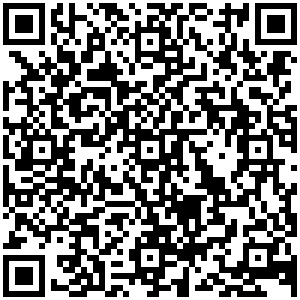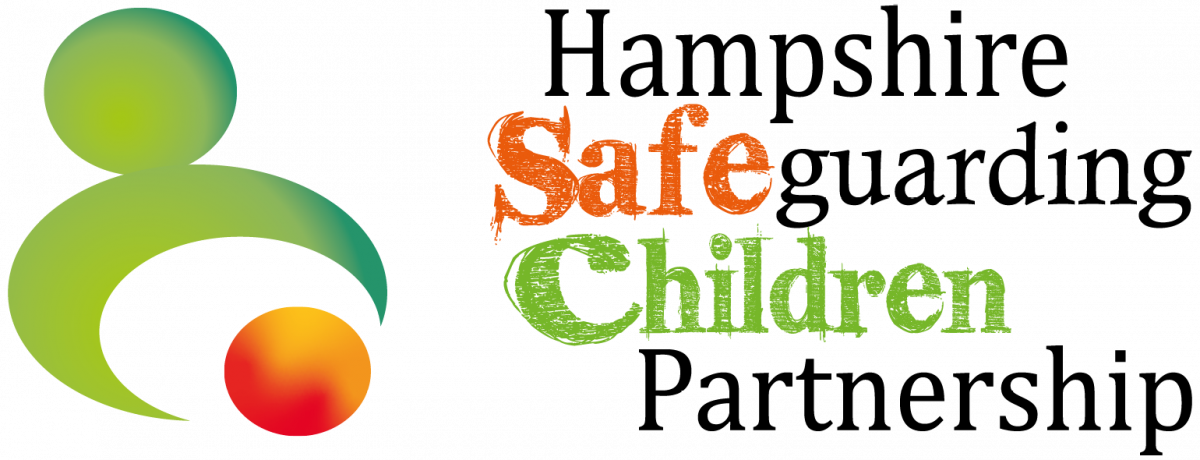ESC (safe sleep)
Introduction
Sudden Infant Death Syndrome (SIDS) is when a healthy baby suddenly dies without any warning. It’s also sometimes called “cot death”.
In the UK, about 200 babies die suddenly every year (Sudden infant death syndrome (SIDS) – NHS (www.nhs.uk). This number might sound scary, but the chances of your baby dying from SIDS are very low.
Most of these deaths happen when babies are between 0 and 6 months old. Babies born too early (premature) or who are very small (low birth weight) are more likely to be affected. Boys are also slightly more likely to die from SIDS than girls.
SIDS usually happens when a baby is asleep, but sometimes it can happen when they’re awake too.
What is Every Sleep Counts?
Every Sleep Counts is a programme that helps parents and caregivers learn how to keep their baby safe while they sleep. This is important because it can help reduce the number of babies who die suddenly and unexpectedly from SIDS.
Points to remember:
- The safest place for your baby to sleep is in their own cot or Moses basket.
- Always place baby on their back to sleep, with their feet to the foot of the cot.
- Do not place pillows, cot bumpers and soft toys in the cot.
- Do not cover the baby’s face or head or use loose bedding.
- Use a firm, flat waterproof mattress in good condition.
- Do not use ‘sleep positioners’ including wedges, supports or straps that prevent the baby moving.
- Baby should sleep in their own cot, in the same room as parents for the first six months of life (day and night).
- Avoid allowing baby to become too hot. A room temperature of 16-20C with light bedding is recommended.
- Do not sleep or nap with baby on a sofa or armchair.
- Do not use a car seat, swing, bouncy seat, stroller, baby carrier or infant sling for routine sleep.
- When purchasing baby equipment please check that it complies with British Standards.
- Please do not EVER fall asleep with your baby, on any surface, if yourself or anyone sleeping with you has drunk alcohol, taken drugs, smoked, or taken medicines that may make them sleepy. It is a criminal offence if an adult who has consumed alcohol and/or a prohibited drug causes the death of a child under three years of age through suffocation by overlaying whilst sleeping.
- Do not sleep with baby if they were born prematurely or weigh under 2.5kg or 5.5lbs when they were born, as risks are increased.
- If you feed baby in bed, please place them back in their own cot afterwards.
- Keep your baby’s environment smoke free during pregnancy and after the birth.
- If possible, breastfeed your baby as this reduces the risks of sudden infant death syndrome (SIDS).
For parents who have previously co-slept:
- Every sleep matters, even if you have previously co-slept with your other children, it is still important to follow the safe sleep advice at all times.
Watch the short film on safer sleep for babies:
Support available
If you have any questions or concerns about your baby and safe sleep, you can talk to your midwife or health visitor.
The Lullaby Trust also provides safer sleep advice and support for families who have lost a baby. Telephone the information line: 0808 802 6869 or email: info@lullabytrust.org.uk.
Resources
Download the ESC Safest place for me to sleep leaflet here or scan the QR code below:

Caring for my baby plan – This template is a useful tool to help you prepare for some everyday situations, like going on holiday, long care journeys or leaving your baby with someone else.
Useful links
The Lullaby Trust – Safer sleep advice for babies and support for families.
BASIS – Baby Sleep Information Source – Information for parents/carers who want to know the best ways to help their baby sleep and what they can do when their baby wakes up at night.
Hampshire Healthy Families – Hampshire Healthy Families is a partnership between Southern Health NHS Foundation Trust and Barnardo’s to deliver the healthy child programme across Hampshire. They offer helpful, free advice and guidance.
Healthier Together (what0-18.nhs.uk) – Provides information and resources to improve the health of children and young people who live in Hampshire and Dorset.
